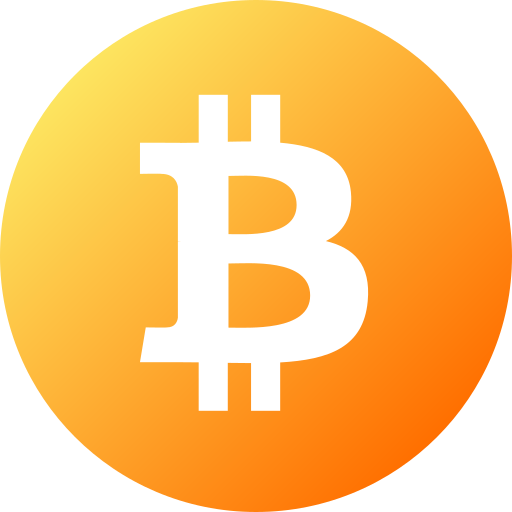Finance Solana’s excessive inflation establishment will stay –– for now.
Solana’s excessive staking rewards will dwell to inflate SOL one other day.
A contentious effort to reform the blockchain community’s beneficiant inflation regime flopped on Thursday after supporters of SIMD-0228 didn’t garner the supermajority they wanted to implement the foremost financial change.
The shock outcome delivered a blow to the Solana energy brokers who rallied to interchange Solana’s static inflation mechanics with a market-based system. Their proposal seemingly would have lower the community’s 4.7% annual staking rewards all the way down to 1% or much less.
In a contest that pitted Solana’s influential leaders and traders – who declare the community’s excessive staking rewards are dangerous for SOL’s value – in opposition to small-time operators who feared the results of a giant lower to their income, the opposition rallied hardest on Thursday, as late-voting validators’ ballots broke closely in favor of “no.”
That was sufficient to scuttle the primary main try at decreasing Solana’s uncommonly excessive staking emissions price. Among probably the most worthwhile programmable blockchains by market cap, Solana points comparatively massive sums of recent tokens to its validators, the pc operations that energy proof-of-stake blockchains.
Much like election night time within the U.S., SIMD-0228’s weeklong political circus featured betting, ranting, information threads, chart-reading wonkery, limitless social media debates and greater than a little bit of heated name-calling. One validator put their votes up on the market. Many others cut up their tickets.
It crescendoed with a dramatic rush of ballots forged by a lot of Solana’s 1300 validators. In the tip, the opposition received an exceptionally excessive turnout election that laid naked the divide between large and small validators.
In the tip, SIMD-0228 grew to become the community’s first financial reform to fail on the polls.
Little stakers
Solana validators are solely referred to as upon to vote when the community is grappling with a serious financial change, mentioned Jonny, the operator of the Solana Compass validator.
SIMD-0228 is the third ever such vote to seem in data by StakingFacilities.com (the present proposal went up for consideration with an unrelated SIMD that handed). Its controversies sparked the best turnout vote within the community’s historical past.
Over 66% of validators forged votes, in keeping with a dashboard from Flipside Crypto. Together they wielded 75% of the community’s voting energy, a exceptional share given voting on this decentralized system is voluntary.
Of taking part validators with 500,000 SOL or much less, over 60% voted in opposition to SIMD-0228, per a Dune dashboard. Larger validators noticed the precise reverse: of validators with greater than 500,000 SOL, 60% voted in favor.
The lopsided outcomes counsel opponents’ warnings of financial damage struck a nerve with small-time validators.
Big Stakes
Proponents of SIMD-0228 imagine it might have solved Solana’s inflation downside, which they declare drags down SOL’s value. Their pondering goes like this: fewer tokens means fewer sellers, and fewer within the arms of tax collectors, too.
In place of the community’s static 4.7% SOL emissions that validators obtain yearly, they referred to as for a dynamic system that adjusts to nudge staking developments up or down
Opponents, in the meantime, referred to as the proposal reckless and rushed. Some informed CoinDesk they suspected its co-author, the influential funding firm Multicoin Capital, had written it to favor its personal pursuits. Others publicly warned SIMD-0228 would disrupt parts of Solana’s DeFi economic system, or flip off institutional traders who they claimed have been drawn to SOL’s native yield.
Some doomsayers even claimed SIMD-0228 would chip away at Solana’s decentralization by forcing lots of of validators with small SOL stakes offline, although others dispute the scale of the blow.
Solana validators earn cash based mostly on how a lot SOL they’ve staked, both from their very own coffers or from tokens delegated to them by others. Those with smaller stakes are extra acutely uncovered to modifications in emissions than these with larger operators.
“Many people feel like SIMD-0228 is not the best proposal to address inflation on Solana,” mentioned SolBlaze, a validator operator.
“SIMD-0228 is a significant economic change, and changes on this scale deserve more time to discuss, analyze data, and iterate with feedback from different sectors of the ecosystem.”
Reformists aren’t going to surrender the battle, mentioned Max Resnick, one of many proposal’s co-authors and an financial researcher at Anza Labs.
“We are gonna chat with the no’s and come to a compromise,” he mentioned.
CoinDesk: Bitcoin, Ethereum, Crypto News and Price Data Read More
